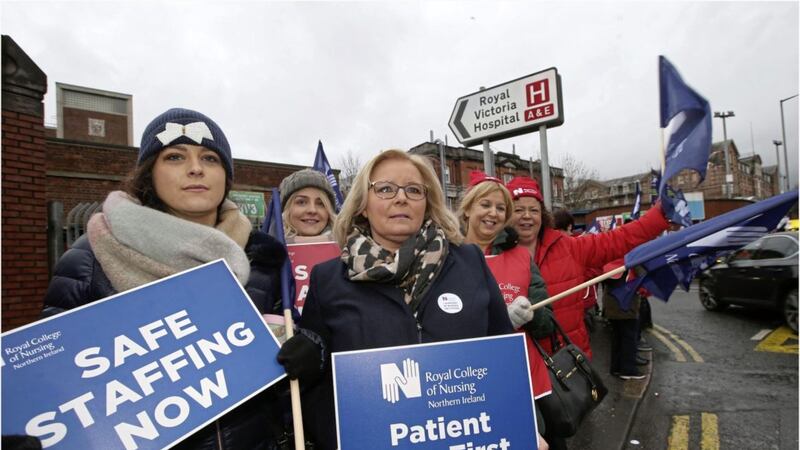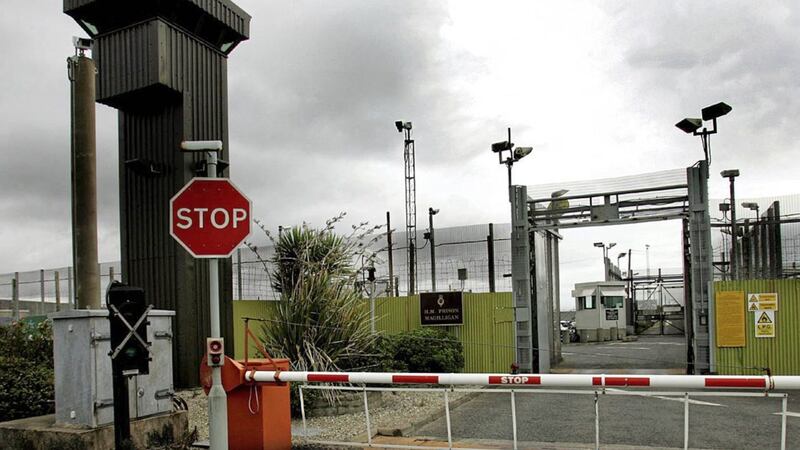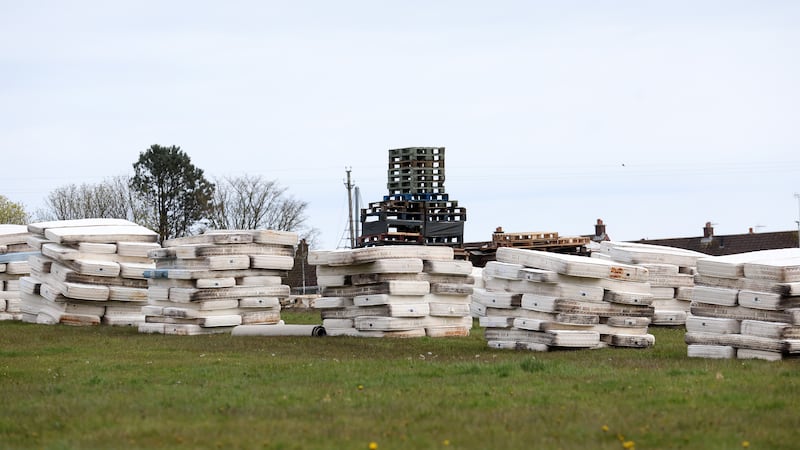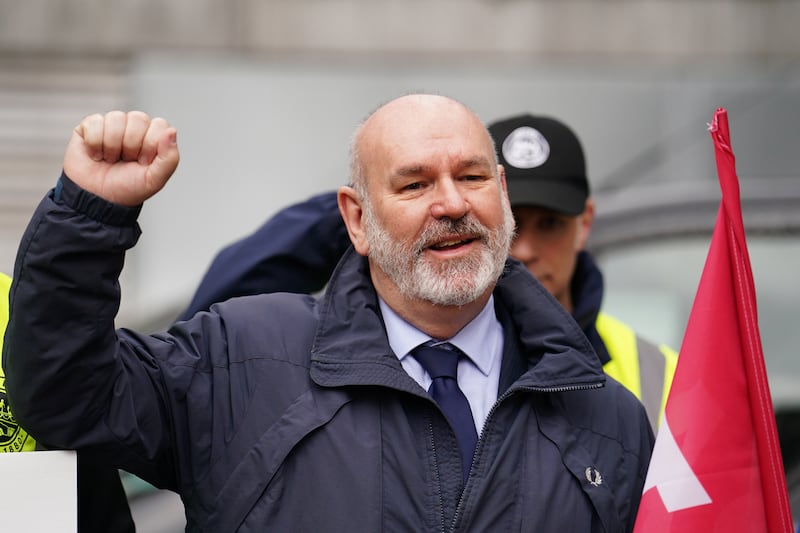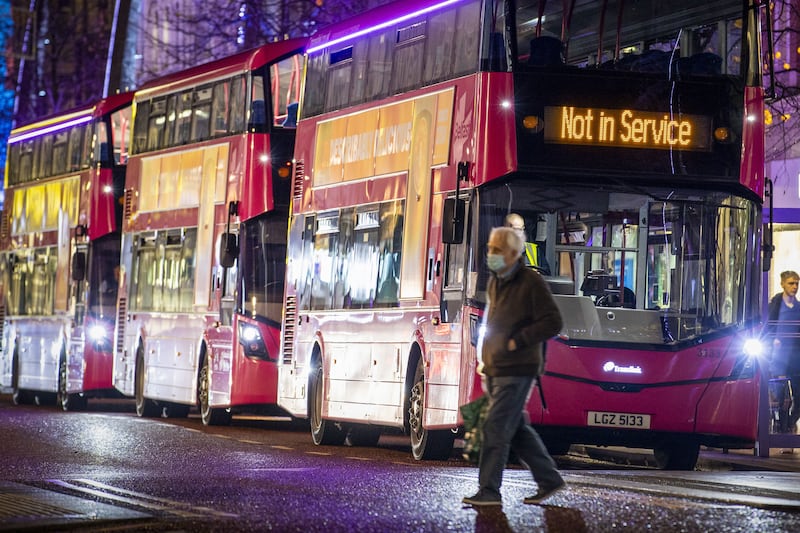THE north's biggest nursing union has today formally notified health trust employers of two more planned strikes next month - as the dispute over staffing and pay continues.
Department of Health officials also received the Christmas Eve correspondence from the Royal College of Nursing (RCN) about walkouts on January 8 and 10.
The move follows last week's unprecedented strike by 9,000 members, the first in the union's 103-year history.
Unison, the biggest healthcare union, said yesterday it is also "making plans" for walkouts in early January while industrial action in the form of 'work to rule' will continue.
Almost two-thirds of Unison's 40,000 members work in the health sector, including paramedics, nurses, social workers, clerical staff, domestics, porters and community care teams.
Leaders of the main five political parties wrote to Secretary of State Julian Smith on the eve of last Wednesday's walkouts, asking him to intervene and restore pay parity.
While Mr Smith has voiced his support for equal pay for the north's health workforce to bring them into line with rest of the UK, he insists it remains a devolved matter for a restored Assembly.
A special 'health summit' headed up by Mr Smith and MLAs failed to reach a resolution last Thursday.
RCN director Pat Cullen confirmed her union had written to the Secretary of State to express its "extreme disappointment" at the deadlock.
"Nurses in Northern Ireland are angry that no-one appears to be taking seriously the crisis in our health service. By now, no-one in Northern Ireland, or indeed the rest of the UK, can be in any doubt about the inequalities in health care that people in Northern Ireland are facing. Yet, here we are, a day before Christmas, with the prospect of nursing staff taking strike action again in early January," she said.
"Although we wish to see political leadership and accountability in Northern Ireland restored, nurses deeply resent the link that is being made between this and resolving the crisis in health care.
"Sorting out this crisis is a priority regardless of our political situation, which has been in disarray for the past three years. We do not have another three years to wait."
Patricia McKeown of Unison said they will announce their strike dates on January 3 but hoped that "goodwill towards all health workers will prevail before then".
"The right of workers to pay parity and safe staffing levels cannot be dependent on the success or failure of political talks to restore devolution," she said.
"We have repeatedly insisted that a mechanism to end this dispute already exists."
Richard Pengelly, the most senior civil servant at the Department of Health, has said he is unable to meet the pay demands sought by trade unions due to "budgetary constraints and limited authority in the absence of a minister".
A fresh 3.1 per cent pay offer was rejected by unions earlier this month.
They are demanding around four per cent for pay parity - with an extra £20 million required to bridge the gap.
Mr Pengelly said he could not find the extra funds: "I have gone to the limit of my authority. The only thing remaining for me is to seek to overturn a decision taken by a previous democratically elected minister - I don't think it's appropriate that a civil servant overturns ministerial decisions."
